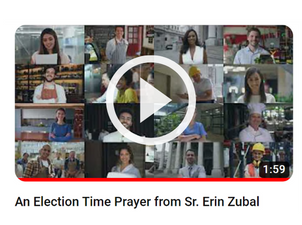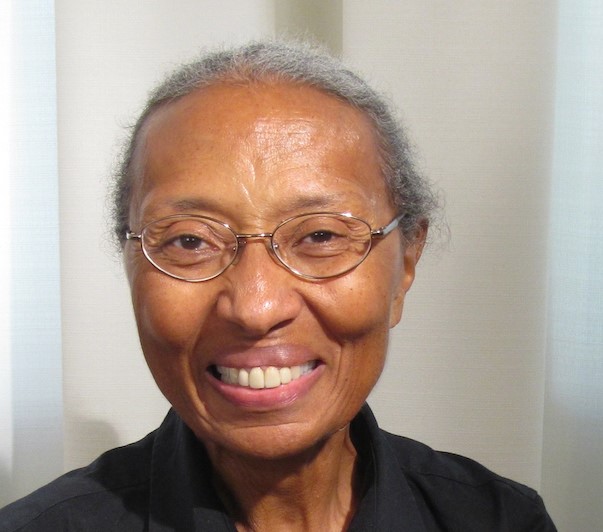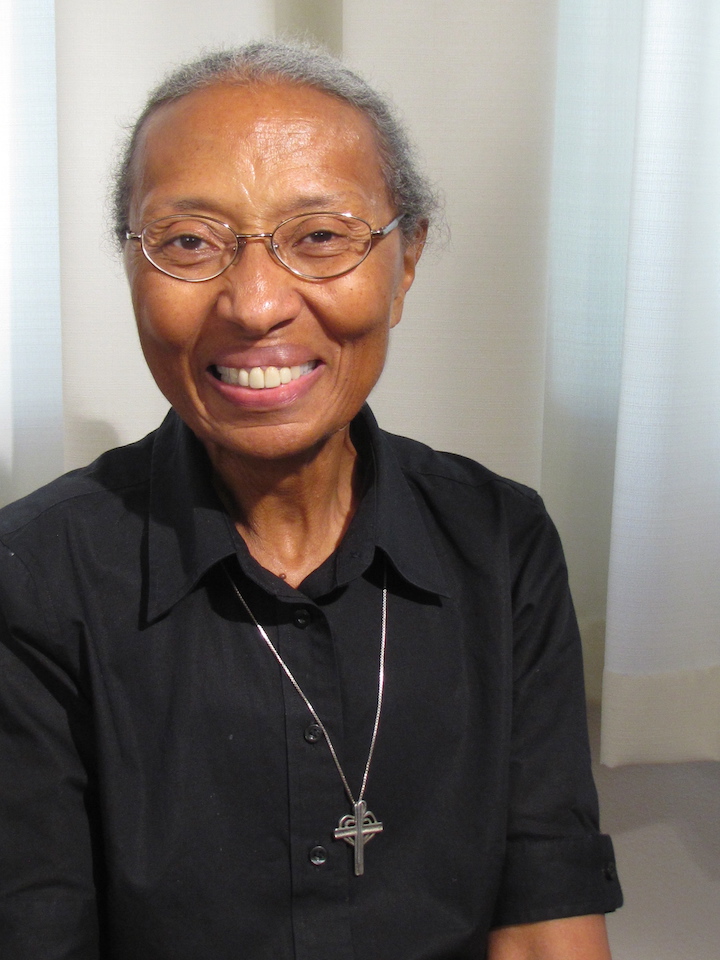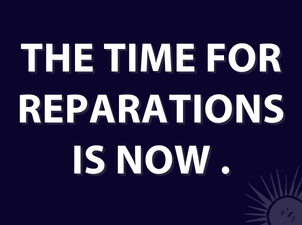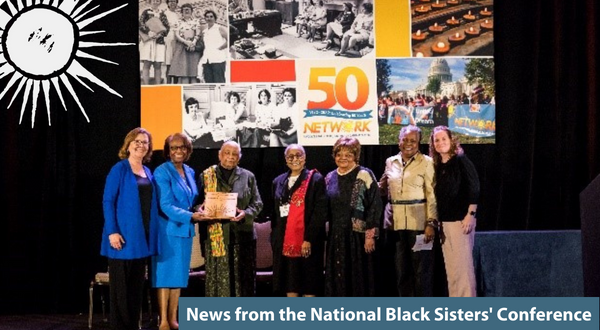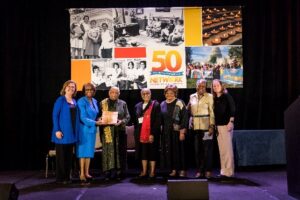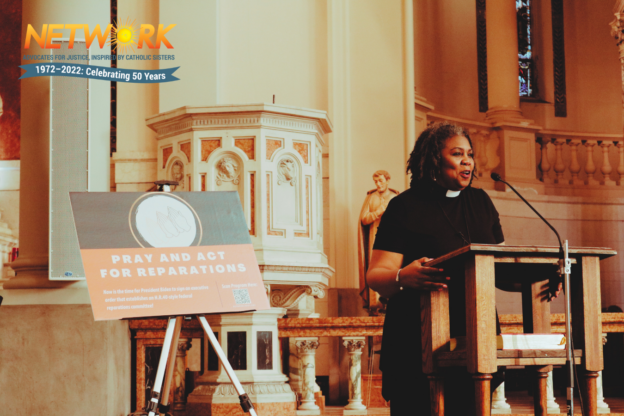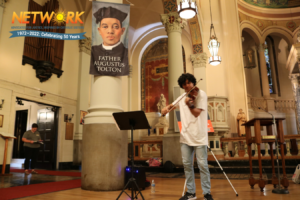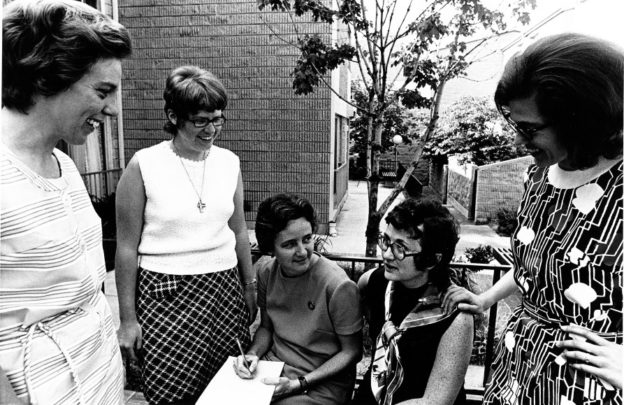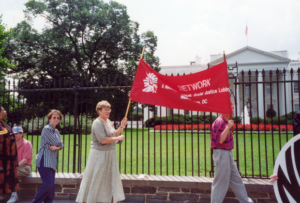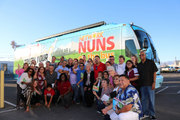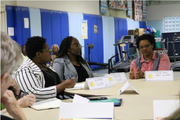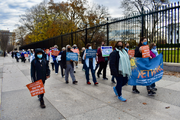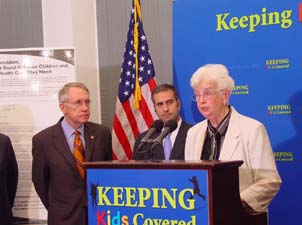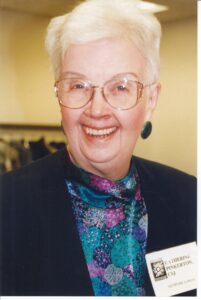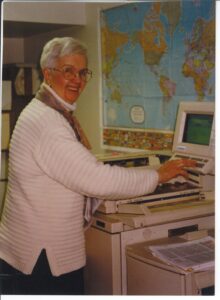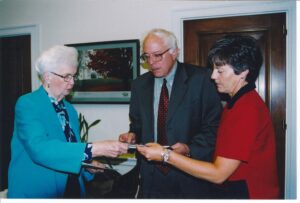
An Election-Time Prayer
Sr. Erin Zubal, OSU
November 7, 2022
In the third episode of Just Politics podcast, our hosts discuss the importance of being a “Pope Francis Voter” and NETWORK Chief of Staff Sr. Erin Zubal offered this prayer.
O Lord,
We turn to you in these days before our country’s elections.
We know that your ways are not our ways and that your wisdom surpasses any human understanding.
We also know that – as a wise woman once said – the Holy Spirit does not have much use for comfort zones. And the systems and structures that we associate with stability and well being, we have also foolishly come to associate with permanence. Help us in our fear, and help us to see that we too, have a part to play.
We also believe that we are working to build up your kin-dom, and that the arc of the moral universe bends toward justice. And we know that, when chaos and lawlessness prevail, the most vulnerable among us suffer the most harm. Help us to feel the hope that encourages us to keep laboring, to keep building, to keep trusting in you.
Free us from the defeatism that says no amount of effort will ever make a difference. Save us from the cynicism that says people will do the wrong thing if it’s in their best interest.
Be with the people of our country as we contemplate the Signs of Our Times and discern our choice of elected leaders for the years ahead. Awaken in our souls a yearning for your tenderness and compassion manifested in the world. Spark in our hearts a solidarity for those who are most in need and pushed to the margins. Quench the destructive will to power and cultural dominance that too many of us have mistaken for your Good News.
Give us wisdom as we show up to vote.
May we see you at work in whatever happens. Reassure us with your faithfulness and the constancy found only in you. Surprise us with your lavish goodness.
May Our Lady of Guadalupe, patroness of the Americas, intercede for us.
Amen







